#diesel
No Mercedes-Benz Diesels for 2017, or Maybe Ever
Fans of German compression-ignition engines had best dig out those old, glossy posters of an olive green 300D, as they’re going to need it.
Daimler announced it will not sell 2017 diesel Mercedes-Benz models in the U.S. as rumors swirl that the automaker might give up on the segment altogether.
The problem lies in regulatory approval, which Daimler has struggled — and failed — to obtain. Following the Volkswagen diesel scandal, the Environmental Protection Agency and California Air Resources Board began going over diesel emissions with a fine-toothed comb. The four diesels Mercedes-Benz had hoped to sell in the U.S. this year became trapped in a bottleneck last fall.
After killing off the C300d’s prospects for good, the automaker then sought approval for just one model — the GLS350d. No dice. Investigations on both sides of the Atlantic could now cap the company’s 57-year diesel history in the U.S.
Stop Being So Mean to Diesels, Pleads Jaguar Land Rover Boss
Ralf Speth isn’t having it. Across Europe governments are cracking down on the use of diesel vehicles in a bid to lower air pollution, especially in the Jaguar Land Rover CEO’s own country. London has announced plans to levy stiff charges on anyone driving a diesel-powered vehicle through central areas of the capital starting in early 2019, adding fuel to the anti-diesel fire. Paris, Berlin and Athens also plan to ban the technology.
With compression ignition still a significant part of the automaker’s engine lineup — both in Europe and North America — Speth recently defended the technology’s importance in a finger-pointing spiel. The world needs diesel, he claimed, and the media (and Volkswagen) haven’t done anything to help the situation.
Oil Lamp: Diesel Volkswagens Prove a Hot Sell in April, Boost Company's Fortunes
Despite having the worst public image since the Ford Pinto or Chevrolet Vega, Volkswagen’s sidelined 2015 2.0-liter diesel models flew off lots after being approved for sale in mid-April.
A crop of about 11,000 unsold TDIs loitered on dealer lots around the U.S. after being banned from sale by the Environmental Protection Agency in September 2015. In a weak month that saw numerous automakers sink on the sales charts, Volkswagen was a bright light, posting a 1.6-percent increase over April 2016. Much of that success came from still-polluting diesels.
So much for stigma.
Ace of Base - 2017 GMC Canyon SLE 4×4 Duramax
Sometimes, a manufacturer sees fit to offer its newest ‘you-gotta-try-this’ feature on a range of trims in a particular model. Is it worth getting the most expensive example just to try the new toy? Or should one save their scratch and get the least expensive model?
With the inclusion of a diesel mill, the 2017 GMC Canyon puts us on par with the rest of the world. Everywhere else, this isn’t a mid-size truck — it’s simply a truck. Only in the land of bald eagles and freedom (or maple syrup and hockey sticks) is this machine considered small – or, at least, smaller. The now horribly mislabeled half-ton class of Rams, Silverados, F-150s, Titans, and Tundras aren’t disappearing anytime soon, but there is a sizable group of buyers who don’t want to pilot a Dreadnought-class battleship around city streets.
Tim reviewed the Canyon Diesel earlier this week, finding it to be a left-field choice that nevertheless ticked many of the right boxes. With that in mind, let’s strip away the options and see if it’s still worth buying.
Diesel Engines Remain in Next-Generation BMW 3 Series, X3: Report
BMW isn’t known for revolutionary design changes, so it likely won’t be hard to pick the upcoming 3 Series and X3 crossover out of a crowd of domestic and Japanese competitors. Nor will the models’ powerplants see a complete overhaul.
One somewhat surprising claim, given recent events, is that both next-generation models will retain a diesel option in the United States — and a new one, at that.
2017 GMC Canyon SLE Diesel Review - Is Duramax The Answer To The Midsize Truck Conundrum?
You want a pickup truck.
You want a small pickup truck.
Unfortunately, such a thing no longer exists, at least not north of the Rio Grande. You’ve migrated your desire to the “midsize” sector, a class in which the Toyota Tacoma, Nissan Frontier, Honda Ridgeline, and two General Motors candidates offer a quintet of possibilities.
Yet a major issue crops up when you begin comparison shopping and discover three full-size issues standing in the way: strong incentives on full-size pickups, full-size truck fuel efficiency comparable to midsize trucks, and full-size capability and interior volume far exceeding that of midsize pickups.
No wonder 85 percent of pickup buyers opt for a full-size truck. Still, 2016 was the best year ever for the Toyota Tacoma and the best year since 2001 for the Nissan Frontier. 2017 is on track to be the Honda Ridgeline’s best year since 2007. The Tacoma has a legendary reputation for toughness. The Frontier is the small-truck traditionalist’s pickup of choice. The Ridgeline is unusual in almost every way.
What unique attribute does GM’s duo manifest? This 2017 GMC Canyon SLE Crew Cab 4×4 has diesel. Diesel fuel in a diesel engine with diesel towing capacity, diesel fuel economy, and a diesel sound owners of decade-old Jetta TDIs will love.
QOTD: Can GM Be North America's Post-Volkswagen Diesel Answer?
We drove in and around the city in a 2017 GMC Canyon Duramax Diesel for 120 miles, then took a 180-mile journey to Prince Edward Island, and have since driven around that island 120 miles.
The result: 30.2 miles per gallon on the U.S. scale, a miserly 7.8 litres per 100 kilometres. It doesn’t hurt that, around these parts at the moment, diesel costs roughly $0.25 USD less per gallon versus regular.
The 2.8-liter four-cylinder under the hood of this GMC Canyon, with a paltry 181 horsepower but a stump-pulling 369 lb-ft of torque at just 2,000 rpm, is one of a handful of diesels General Motors has installed in U.S. market vehicles. The 6.6-liter Duramax V8 in heavy-duty pickup trucks is the one you hear rumble most often. But GM is also inserting the Cruze’s 240-lb-ft 1.6-liter turbodiesel into the third-gen Chevrolet Equinox and second-gen GMC Terrain.
With diesel engine offerings in two pickup truck lines, a compact car, and a pair of small SUVs, can General Motors — not Mazda, not Mercedes-Benz, not Skoda — be the North American diesel-lover’s answer now that Volkswagen committed its unclean diesel transgressions?
Canadian Volkswagen Diesel Owners Finally Get a Settlement; Dealers Begin Selling 2015 TDIs
April has brought good news to diesel lovers and haters on both sides of the border.
After spending the winter (and the better part of last fall) jealously eyeing their southern neighbor’s buyback and compensation program, Canadian owners can now apply for that longed-for envelope of Volkswagen cash, as well as a one-way-ticket to hell for their emissions-rigged TDI model.
On Friday, the automaker settled court cases in Ontario and Quebec, paving the way for a 2.0-liter diesel settlement program that starts next week. The models involved are the same as in the U.S. — 105,000 units in all — and owners and lessees face similar choices as their American counterparts.
Unlike the recent shadowy roll-out of half-fixed 2015 models in the U.S., several Canadian dealers are proudly advertising the availability of “new” TDIs.
Junkyard Find: 1975 Mercedes-Benz 240D
During the 1970s, if you were sensible and had a fat bankroll, you didn’t buy an Eldorado or Mark IV or even a Toyota Crown. No, you bought a staid, humorless-as-Richard-Wagner Mercedes-Benz W114/W115 sedan, and then you kept it while the pages flew off many decades of calendars. If you were really serious, you got the naturally aspirated four-cylinder diesel, as the original purchaser of this now-retired-at-age-42 San Francisco Bay Area 240D did.
Jaguar Doesn't Want To Get Too Popular
Jaguar’s U.S. volume more than doubled in 2016, rising to a 12-year high thanks to the launch of an all-new entry-level sedan and the brand’s first-ever SUV.
The XE and F-Pace, which now account for nearly three-quarters of Jaguar’s U.S. volume, have taken the brand to a high-volume place (relatively speaking) Jaguar hasn’t visited since the X-Type roamed dealer forecourts.
One year ago, those models didn’t exist, and Jaguar was selling fewer than 50 cars per day in America.
Now Jaguar’s on fire. Year-over-year growth is explosive, with Jaguar’s U.S. volume more than doubling in each of the last ten months and more than tripling in each of 2016’s final three months.
That level of growth can’t be sustained. Jaguar Land Rover North America’s CEO Joachim Eberhardt told Wards Auto, “We have to continue to grow, but we are not looking to grow at the pace we have been.”
All that growth “still does not make us a giant luxury brand,” Eberhardt says. “It makes us a bigger luxury brand that now has scale but is still special and exclusive.”
There’s the key word. Exclusive. “I think that is part of our appeal and something to focus on maintaining,” claims Eberhardt.
What a revolutionary approach for a premium auto brand.
The Numbers Are In: Volkswagen Butchered Its 'Fixed' Diesel Engines
Earlier this week, we reported on an influx of complaints from diesel owners who were required by law to permit Volkswagen to rectify their emission rigged engines. The consensus was that the company has not done a great job. If a veterinarian fixed a pet in the same manner that VW “fixed” these cars, you would probably put it out of its misery and then throttle the vet for butchering your now-ruined family companion.
Owners of the vehicles have complained of units lacking their former oomph, shuddering, stalling, and even being difficult to restart. While not every driver reported identical problems, the majority agreed Volkswagen had ravaged the engines’ ability to make power. At the time, nobody knew exactly how extensive the losses were. But, as the powerband-sapping solution closes in on North America, those numbers have come in.
Volkswagen's Diesel Fix Has European Customers Wishing They Hadn't Bothered
Volkswagen’s U.S. diesel woes have consumed most of the oxygen in the room for the past year and a half, but Europe has its own issues with the automaker’s emissions-spewing powerplants.
While owners on the continent haven’t had to hand their vehicle over in exchange for cash, the region’s less-stringent environmental laws still require that VW offer a fix for its rigged diesel engines. Good news for air quality, but bad news — apparently — for drivers. Many owners have discovered the fix turns a perfectly fine (though illegal) vehicle into a nightmare.
German Prosecutor Launches Daimler Diesel Fraud Investigation
In a developing story, the Stuttgart prosecutors’ office has launched an investigation into employees of Daimler, parent company and manufacturer of Mercedes-Benz BlueTEC engines. At issue is the (lately) very common Germanic malady of diesel infidelity.
Infiniti Grabs a Diesel and Expands Down Under, But Only With Help
On Tuesday, Infiniti announced it would enter a new market for the brand, bringing gasoline and diesel wares to New Zealand. New markets can be tough for manufacturers to crack, but don’t worry — Infiniti isn’t alone in this.
Fiat Chrysler Hit With Subpoenas as Feds, States Demand EcoDiesel Answers
The fallout from the Environmental Protection Agency’s call-out of Fiat Chrysler Automobiles over excess EcoDiesel emissions has now landed in the company’s lap. Or, more specifically, in its mailbox.
In a filing to the Securities and Exchange Commission, FCA revealed it’s been hit with subpoenas from state and federal authorities, including the SEC, Reuters reports.
The need for answers comes after the EPA accused the automaker of failing to declare eight auxiliary emissions control devices installed on its 3.0-liter diesel V6, which the regulator claims emits illegally high levels of emissions. That engine found a home in roughly 104,000 Ram 1500s and Jeep Grand Cherokees.



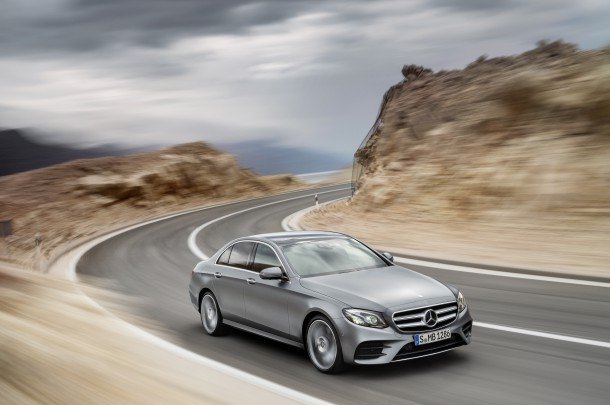
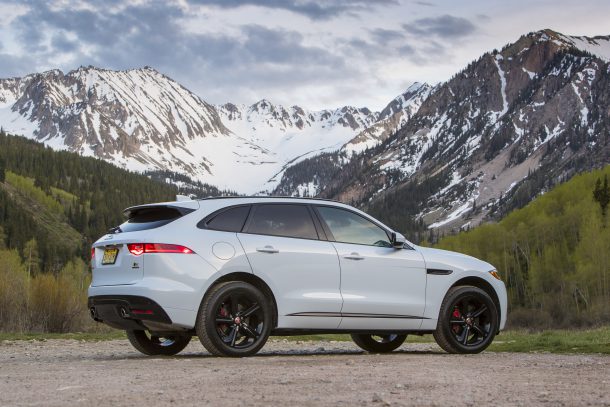
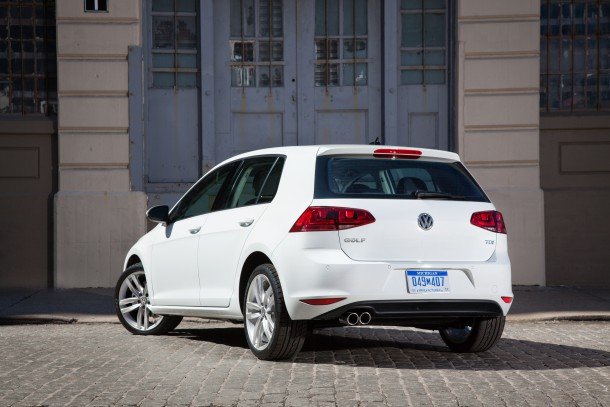





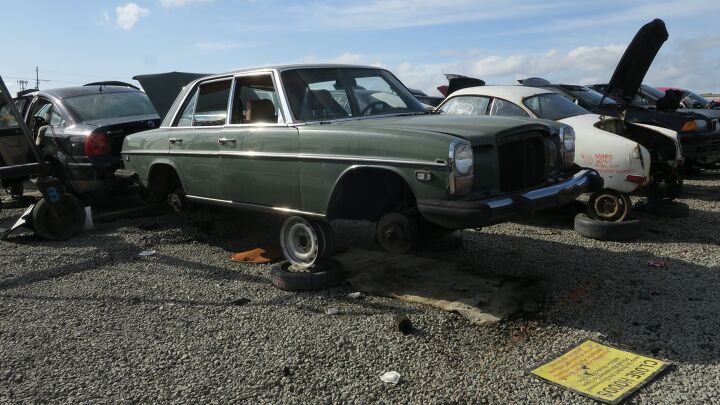
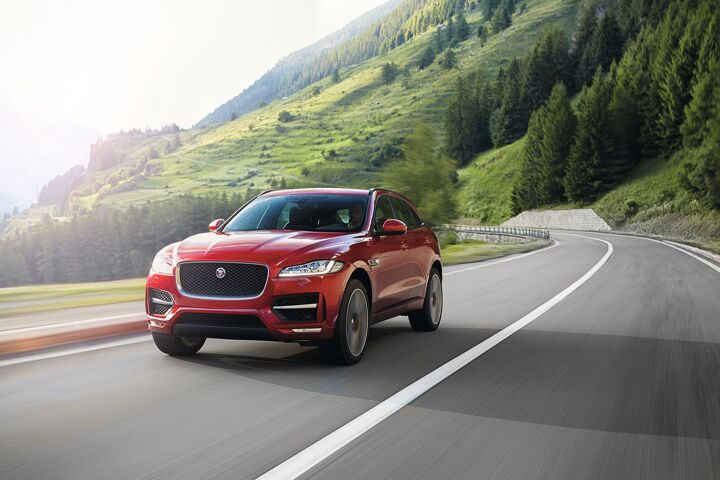


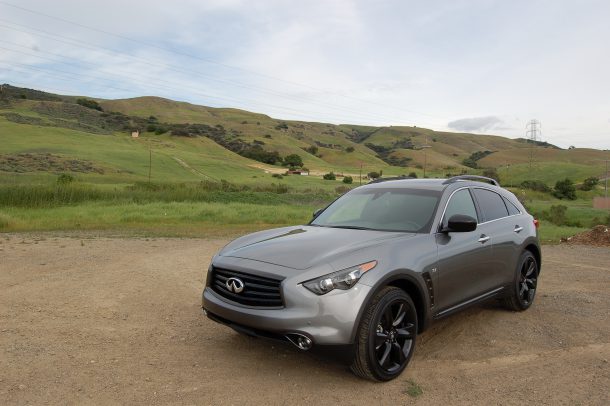
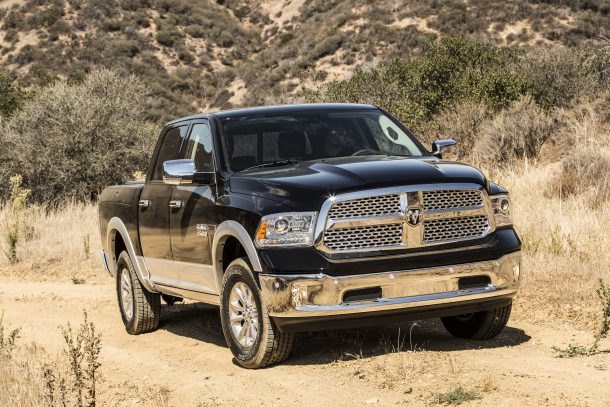












Recent Comments